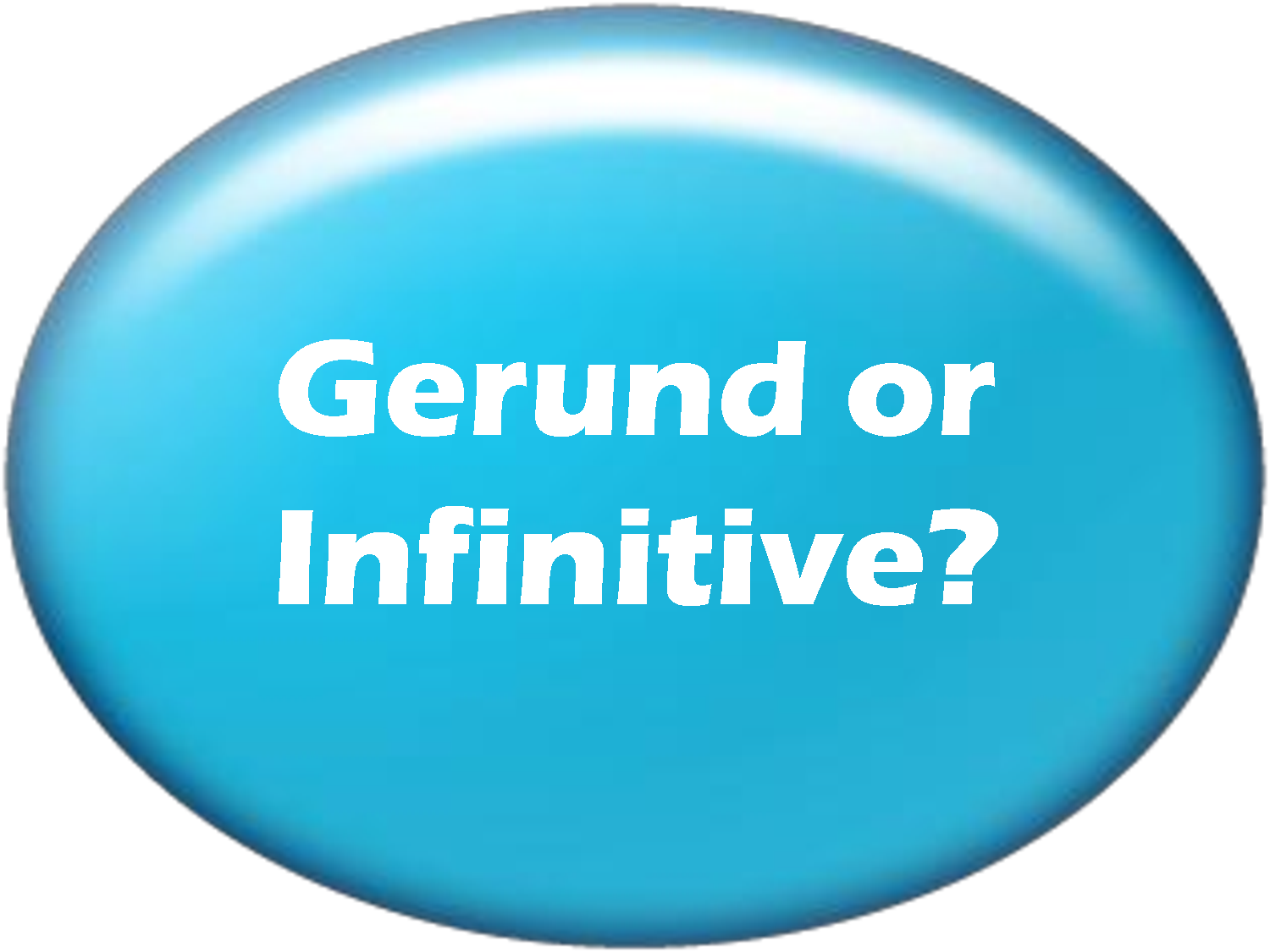
| afford | beg | happen | plan | threaten | hesitate |
| agree | prepare | tend | choose | hope | volunteer |
| appear | dare | learn | promise | aim | (can’t) wait |
| arrange | decide | long | refuse | wish | attempt |
| ask | expect | manage | seem | fail | offer |
| allow | cause | enable | entitle | invite | persuade | teach |
| believe | command | encourage | force | order | show | tell |
| see | hear | notice | watch | make |
| would rather | would sooner | feel | listen to | look at |
| have | let | had better |
| admit | avoid | consider | detest | risk |
| dread | enjoy | deny | (can’t) help | fancy |
| finish | miss | imagine | involve | postpone |
| loathe | mind | mean | suggest | practise |
| delay | propose | recall | recollect | resist |
| Verb + to do | Verb + object + to do | Verb + object + do | Verb + doing |
| volunteer plan refuse agree |
persuade teach invite |
overhear feel watch |
finish suggest practise deny imagine |
